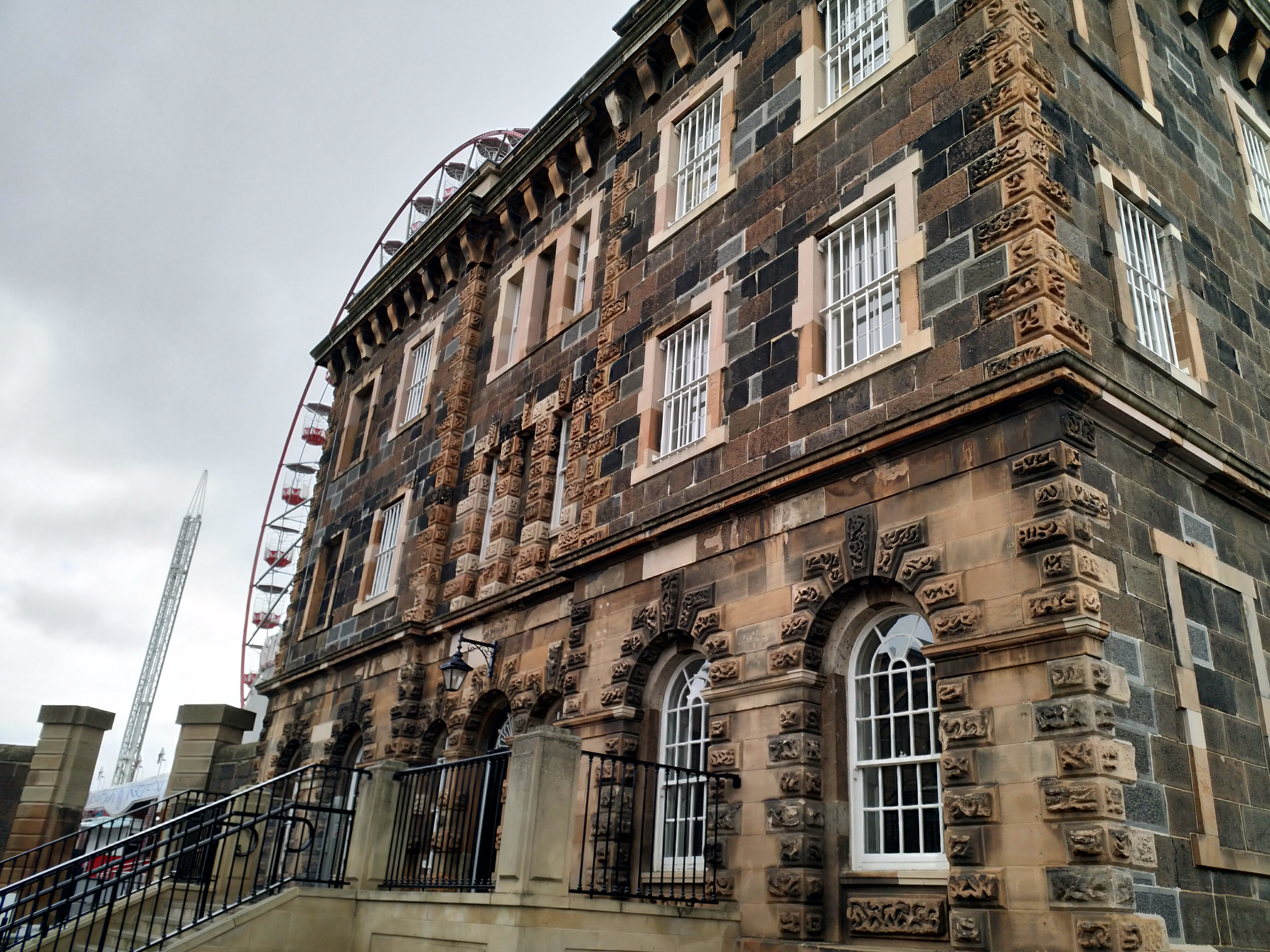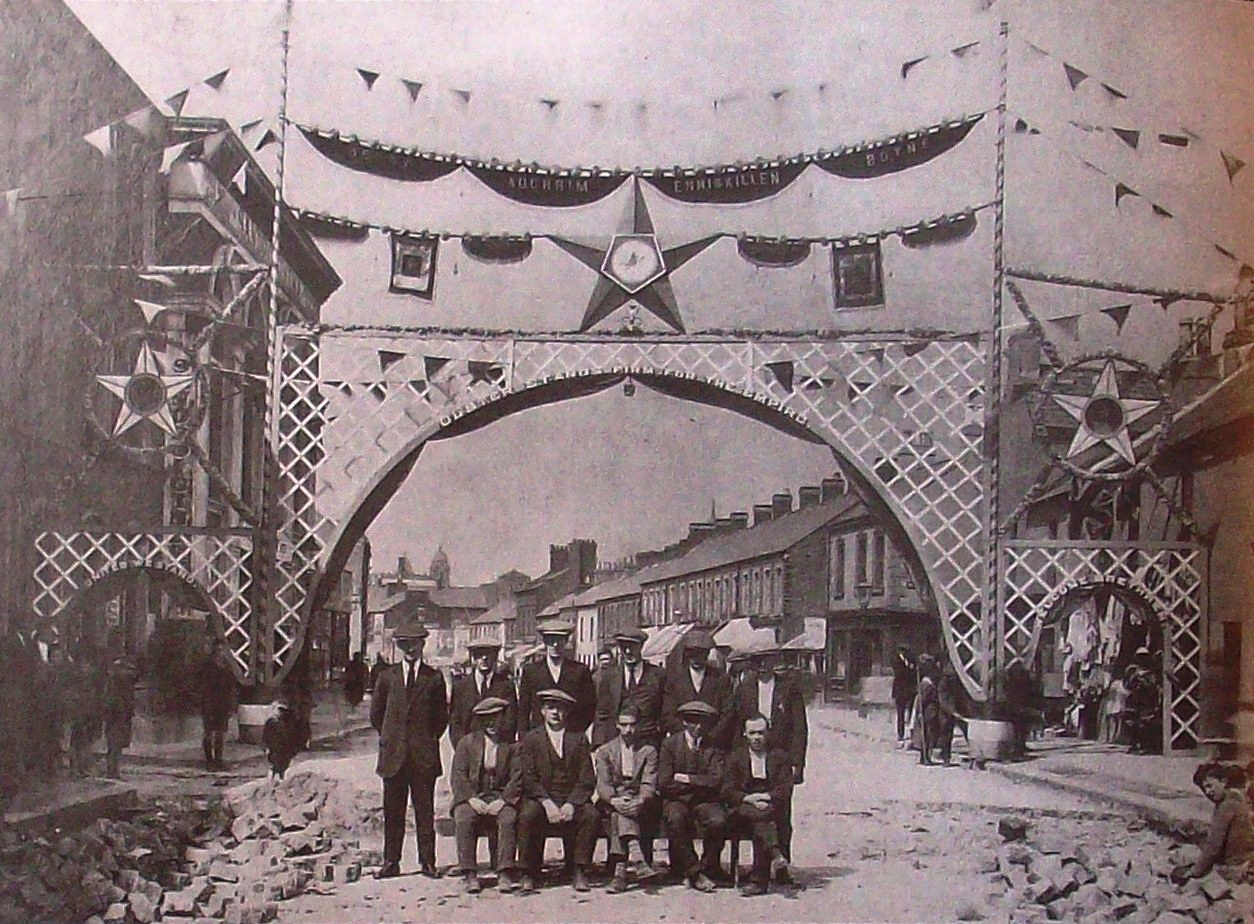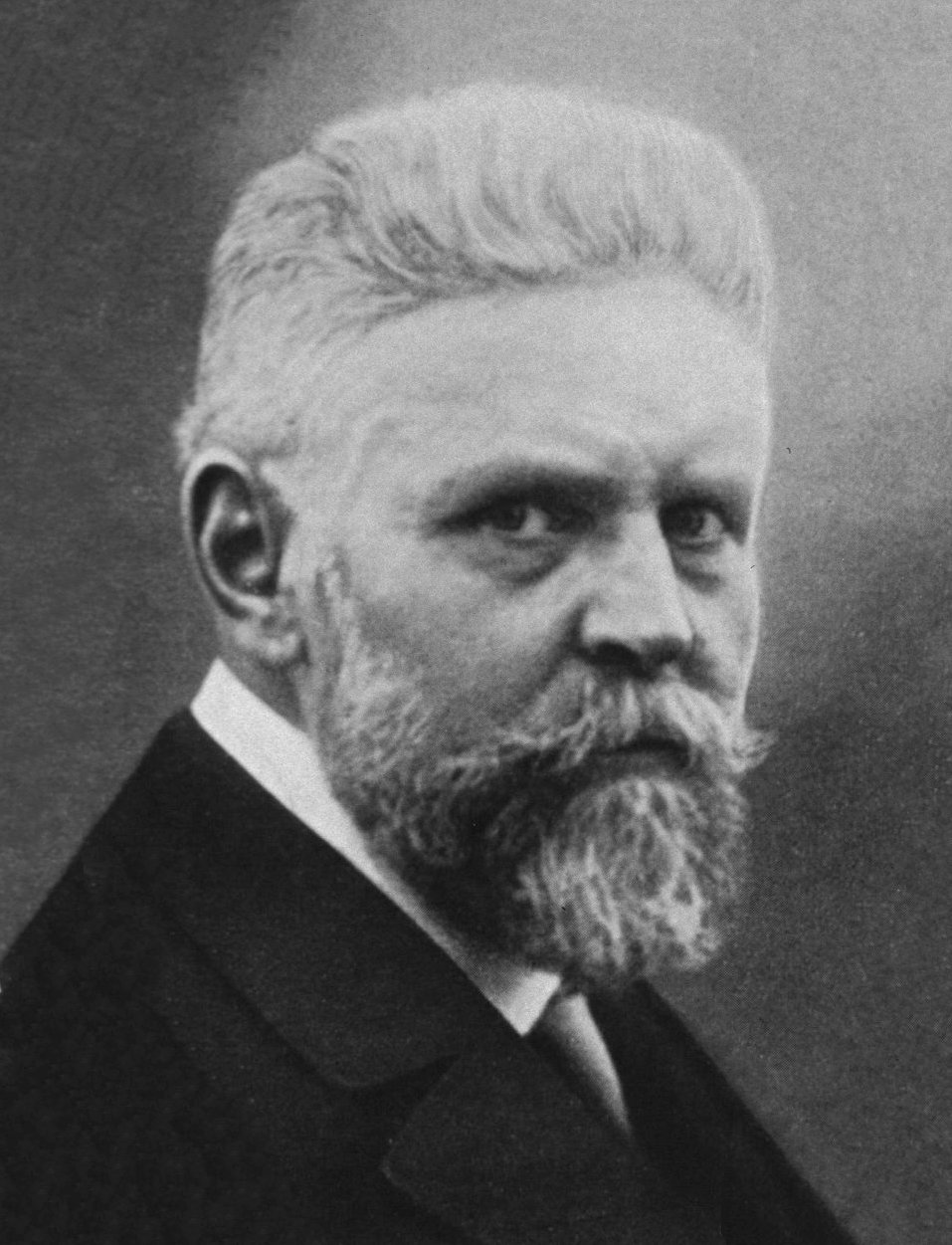|
Ernie Elliott
Ernest "Ernie" Elliott (1943/1944 – 6 December 1972), nicknamed "Duke", was a Northern Irish loyalist activist and a leading member of the Ulster Defence Association (UDA) during its early days. Unusually for the generally right-wing UDA, Elliott expressed admiration for socialism and communism, and frequently quoted the words of Che Guevara and Karl Marx. Elliott was eventually killed by a fellow UDA member following a drunken brawl, although his death was variously blamed on republicans and a rival faction within the UDA. Woodvale Defence Association A native of Leopold Street close to the Crumlin Road in the Woodvale area,David McKittrick et al, ''Lost Lives'', Mainstream Publishing, 2008, p. 300 a district of Belfast adjacent to the Shankill Road, Elliott was involved in the formation of the vigilante group the Woodvale Defence Association (WDA) in early 1971. He was appointed as lieutenant to the WDA's deputy leader Davy Fogel, a close drinking buddy. Elliott, a short ... [...More Info...] [...Related Items...] OR: [Wikipedia] [Google] [Baidu] |
Ulster Loyalism
Ulster loyalism is a strand of Ulster unionism associated with working class Ulster Protestants in Northern Ireland. Like other unionists, loyalists support the continued existence of Northern Ireland within the United Kingdom, and oppose a united Ireland. Unlike other strands of unionism, loyalism has been described as an ethnic nationalism of Ulster Protestants and "a variation of British nationalism". Loyalists are often said to have a conditional loyalty to the British state so long as it defends their interests.Smithey, Lee. ''Unionists, Loyalists, and Conflict Transformation in Northern Ireland''. Oxford University Press, 2011. pp.56–58 They see themselves as loyal primarily to the Protestant British monarchy rather than to British governments and institutions, while Garret FitzGerald argued they are loyal to 'Ulster' over 'the Union'. A small minority of loyalists have called for an independent Ulster Protestant state, believing they cannot rely on British government ... [...More Info...] [...Related Items...] OR: [Wikipedia] [Google] [Baidu] |
Crumlin Road (HM Prison)
HMP Belfast, also known as Crumlin Road Gaol, is a former prison situated on the Crumlin Road in north Belfast, Northern Ireland. Since 1996 it is the only remaining Victorian era former prison in Northern Ireland. It is colloquially known as ''the Crum''. The Northern Ireland Environment Agency has given it a grade A listed building status because of its architectural and historical significance. The Crumlin Road Courthouse, derelict since its closure, stands opposite the Gaol with a tunnel under the main road connecting the two buildings and used previously to transport the prisoners between both buildings. Early history Designed by Sir Charles Lanyon, the prison was built between 1843 and 1845 and cost £60,000. Built as a replacement for the County Gaol on Antrim Street in Carrickfergus, and known as the County Gaol for Antrim, it was constructed of black basalt rock on ten acres at the bottom of the Crumlin Road. Partly based on HM Prison Pentonville, it was one of th ... [...More Info...] [...Related Items...] OR: [Wikipedia] [Google] [Baidu] |
Falls Road, Belfast
The Falls Road () is the main road through West Belfast, Northern Ireland, running from Divis Street in Belfast City Centre to Andersonstown in the suburbs. The name has been synonymous for at least a century and a half with the Catholic community in the city. The road is usually referred to as ''the'' Falls Road, rather than as Falls Road. It is known in Irish as the ''Bóthar na bhFál'' and as the ''Faas Raa'' in Ulster-Scots. Location The Falls Road forms the first three miles of the A501 which starts in Belfast city centre and runs southwest through the city forking just after the Falls Park into the B102 which continues for a short distance to Andersonstown. The A501 continues as the Glen Road. The area is composed largely of residential housing, with more public sector housing in the lower sections of the road. There are many small shops lining the road as well as schools, churches, hospitals and leisure facilities. Employment in the area was originally dominated by t ... [...More Info...] [...Related Items...] OR: [Wikipedia] [Google] [Baidu] |
Sandy Row
Sandy Row () is a large inner city estate in south Belfast, Northern Ireland. It lends its name to the surrounding residential community, which is predominantly Protestant working-class. The Sandy Row area had a population of 2,153 in 2001; in 2018, the population was estimated to be around 4,000. It is a staunchly loyalist area of Belfast, being a traditional heartland for affiliation with the paramilitary Ulster Defence Association (UDA) and the Orange Order. Location Sandy Row is in south Belfast, beginning at the edge of the city centre, close to the Europa Hotel. The road runs south from the Boyne Bridge over the old Dublin railway line beside Great Victoria Street station, then crosses Donegall Road and ends at the bottom of Lisburn Road. At the north end of the road was Murray's tobacco factory, opened in 1810, while at the other is a large Orange hall. History Formerly known as Carr's Row, Sandy Row is one of the oldest residential areas of Belfast. Its growth in p ... [...More Info...] [...Related Items...] OR: [Wikipedia] [Google] [Baidu] |
Donegall Road
The Donegall Road is a residential area and road traffic thoroughfare that runs from Shaftesbury Square on what was once called the " Golden Mile" to the Falls Road in west Belfast. The road is bisected by the Westlink – M1 motorway. The largest section of the road, east of the Broadway junction with the Westlink, has a community which self-identifies as predominantly Protestant while the community on the other side of the Westlink – M1 motorway self-identifies as predominantly Catholic. Overview The eastern side the road and the streets leading from it, are predominantly Protestant and include the well-known Sandy Row and The Village areas. The Village, an area centred on the loyalist section of Broadway and vaguely conforming to the upper half of the Protestant section of the road, was said to have been given the name by African-American GIs stationed at a base on Maldon Street during the Second World War, who described their occasional trips to the shops in the area ... [...More Info...] [...Related Items...] OR: [Wikipedia] [Google] [Baidu] |
Shebeen
A shebeen ( ga, síbín) was originally an illicit bar or club where excisable alcoholic beverages were sold without a licence. The term has spread far from its origins in Ireland, to Canada, the United States, the United Kingdom, Zimbabwe, the English-speaking Caribbean, Namibia, Malawi, and South Africa. In modern South Africa, many shebeens are now fully legal. South Africa In South Africa and Zimbabwe, shebeens are most often located in townships as an alternative to Eurocentric pubs and bars. Under South African apartheid laws, Africans were prohibited from brewing and selling indigenous beer (sorghum or maize meal with far less alcohol content) and were forced to promote, sell and consume European alcoholic beverages. Separately during some of the Rhodesian era, indigenous Africans were barred from entering pubs or bars reserved for those of White European descent. Originally shebeens were operated illegally by women who were called Shebeen Queens and were themselves a re ... [...More Info...] [...Related Items...] OR: [Wikipedia] [Google] [Baidu] |
William McGrath (loyalist)
William McGrath (11 December 1916 – 1992) was a loyalist from Northern Ireland who founded the far-right organisation Tara in the 1960s, having also been prominent in the Orange Order until his expulsion due to his paedophilia. A house master in Kincora Boys' Home in East Belfast,"Any threat to the majority Is not welcome" ''Irish News'', 8 September 2004. Retrieved 29 October 2009 in 1981 he was jailed for four years for paedophile activities at the Home. Early years McGrath was born on 11 December 1916 to a Methodist family living in Earl StreetChris Moore, ''The Kincora Scandal: Political Cover-Up a ...[...More Info...] [...Related Items...] OR: [Wikipedia] [Google] [Baidu] |
British Intelligence Corps
The Intelligence Corps (Int Corps) is a corps of the British Army. It is responsible for gathering, analysing and disseminating military intelligence and also for counter-intelligence and security. The Director of the Intelligence Corps is a brigadier. History 1814–1914 In the 19th century, British intelligence work was undertaken by the Intelligence Department of the War Office. An important figure was Sir Charles Wilson, a Royal Engineer who successfully pushed for reform of the War Office's treatment of topographical work. In the early 1900s intelligence gathering was becoming better understood, to the point where a counter-intelligence Counterintelligence is an activity aimed at protecting an agency's intelligence program from an opposition's intelligence service. It includes gathering information and conducting activities to prevent espionage, sabotage, assassinations or o ... organisation (MI5) was formed by the Directorate of Military Intelligence (United Kingd ... [...More Info...] [...Related Items...] OR: [Wikipedia] [Google] [Baidu] |
Racial Purity
The term racial hygiene was used to describe an approach to eugenics in the early 20th century, which found its most extensive implementation in Nazi Germany (Nazi eugenics). It was marked by efforts to avoid miscegenation, analogous to an animal breeder seeking purebred animals. This was often motivated by the belief in the existence of a racial hierarchy and the related fear that "lower races" would "contaminate" a "higher" one. As with most eugenicists at the time, racial hygienists believed that the lack of eugenics would lead to rapid social degeneration, the decline of civilization by the spread of inferior characteristics. Development The German eugenicist Alfred Ploetz introduced the term "racial hygiene" (') in 1895 in his ''Racial Hygiene Basics'' ('). He discussed the importance of avoiding "counterselective forces" such as war, inbreeding, free healthcare for the poor, alcohol and venereal disease. In its earliest incarnation it was more concerned by the declining b ... [...More Info...] [...Related Items...] OR: [Wikipedia] [Google] [Baidu] |
British Army
The British Army is the principal land warfare force of the United Kingdom, a part of the British Armed Forces along with the Royal Navy and the Royal Air Force. , the British Army comprises 79,380 regular full-time personnel, 4,090 Gurkhas, and 28,330 volunteer reserve personnel. The modern British Army traces back to 1707, with antecedents in the English Army and Scots Army that were created during the Restoration in 1660. The term ''British Army'' was adopted in 1707 after the Acts of Union between England and Scotland. Members of the British Army swear allegiance to the monarch as their commander-in-chief, but the Bill of Rights of 1689 and Claim of Right Act 1689 require parliamentary consent for the Crown to maintain a peacetime standing army. Therefore, Parliament approves the army by passing an Armed Forces Act at least once every five years. The army is administered by the Ministry of Defence and commanded by the Chief of the General Staff. The British ... [...More Info...] [...Related Items...] OR: [Wikipedia] [Google] [Baidu] |
Unionism In Ireland
Unionism is a political tradition on the island of Ireland that favours political union with Great Britain and professes loyalty to the British Crown and constitution. As the overwhelming sentiment of Ireland's Protestant minority, following Catholic Emancipation (1829) unionism mobilised to keep Ireland part of the United Kingdom and to defeat the efforts of Irish nationalists to restore a separate Irish parliament. Since Partition (1921), as Ulster Unionism its goal has been to maintain Northern Ireland as part of the United Kingdom and to resist a transfer of sovereignty to an all-Ireland republic. Within the framework of a 1998 peace settlement, unionists in Northern Ireland have had to accommodate Irish nationalists in a devolved government, while continuing to rely on the link with Britain to secure their cultural and economic interests. Unionism became an overarching partisan affiliation in Ireland in response to Liberal-minority government concessions to Irish nat ... [...More Info...] [...Related Items...] OR: [Wikipedia] [Google] [Baidu] |
British And Irish Communist Organisation
The British and Irish Communist Organisation (B&ICO) was a small group based in London, Belfast, Cork, and Dublin. Its leader was Brendan Clifford. The group produced a number of pamphlets and regular publications, including ''The Irish Communist'' and ''Workers Weekly'' in Belfast. Τhe group currently expresses itself through Athol Books with its premier publication being the ''Irish Political Review''. The group also continues to publish ''Church & State'', ''Irish Foreign Affairs'', ''Labour Affairs'' and ''Problems.'' History Origins as Irish diaspora Maoist group Brendan Clifford was an Irish emigrant from the Sliabh Luachra area of County Cork who had migrated to London and become involved in left-wing politics there. Clifford and some of his followers had been in Michael McCreery's Committee to Defeat Revisionism, for Communist Unity and later they joined the Irish Communist Group.See David Widgery, The Left in Britain (1976) p. 489 This body consisted largely o ... [...More Info...] [...Related Items...] OR: [Wikipedia] [Google] [Baidu] |






